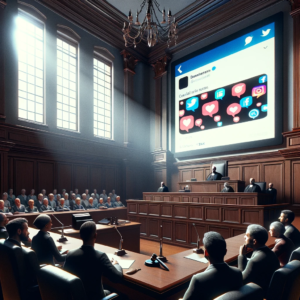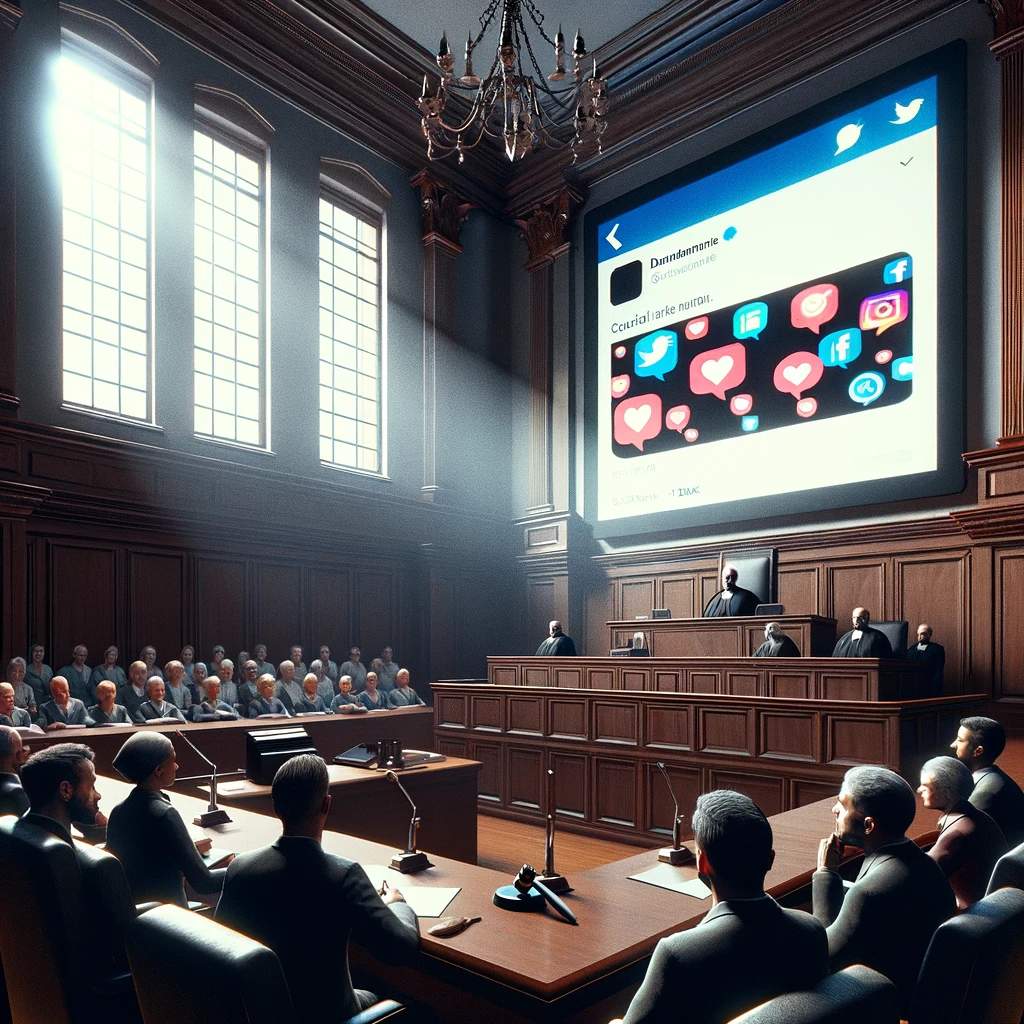- admin
- Uncategorized
- April 1, 2024
The Impact of Social Media on Personal Injury Cases
Social media has transformed how we communicate, share moments, and connect with others, but its impact extends beyond personal and professional networking. In the realm of legal disputes, particularly personal injury cases, social media has emerged as a pivotal tool for both plaintiffs and defendants, significantly influencing case outcomes.
For plaintiffs, social media can serve as a double-edged sword. On one hand, it offers a platform to share their experiences, seek support, and potentially gather witnesses or evidence. Public posts or photos can corroborate their claims, demonstrating the extent of their injuries, the impact on daily life, or the timeline of their recovery process. This can bolster their case, providing tangible proof of their assertions.
However, the content shared on social media can also undermine a plaintiff’s case. Defendants and their legal teams routinely scrutinize a plaintiff’s online activity, looking for evidence that contradicts their claims. Photos, videos, or posts that depict physical activity, travel, or social gatherings post-injury can be interpreted as evidence of exaggerated or fraudulent claims. Even seemingly innocuous posts can be taken out of context and used to challenge a plaintiff’s credibility, potentially diminishing their compensation or leading to the dismissal of their case.
Defense teams leverage social media to their advantage, using it as a tool for investigation and evidence gathering. Public posts can provide insights into a plaintiff’s behavior and activities, offering a more comprehensive picture of their life post-injury. This information can be crucial in negotiating settlements or in court, where the defense can present an alternative narrative to the plaintiff’s claims.
The judicial system is adapting to the challenges posed by social media, with courts increasingly accepting social media content as evidence. This has led to a growing awareness among legal professionals and their clients about the importance of social media discretion. Plaintiffs are often advised to limit their online activity, adjust privacy settings, and consider the potential impact of their posts on ongoing legal matters.
In conclusion, social media plays a significant role in personal injury cases, affecting the strategies of both plaintiffs and defendants. Its impact on evidence gathering and the portrayal of personal narratives can not be understated, highlighting the need for caution and awareness in online activities during legal disputes. As the digital landscape evolves, so too will its influence on the legal realm, underscoring the intertwined nature of social media and justice.


